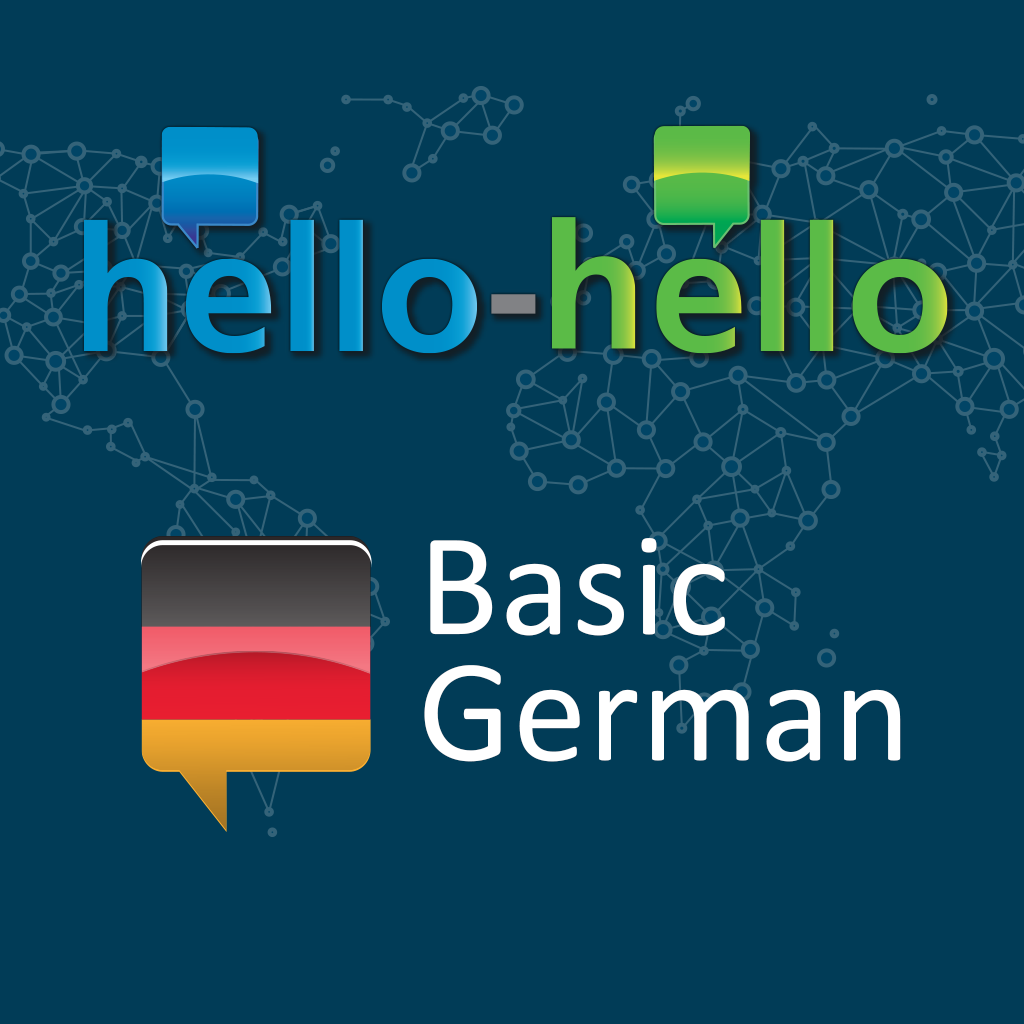No matter how serious one may be but using slangs is a part of our life. No matter what stage of German language are you learning, it will be worth your time to check out these common German slang words. You are bound to face them while traveling in Germany, speaking with the Germans or navigating German etiquette and traditions.
Let us learn about some of the interesting slangs that are used in German.
Ciao
Germans respect its neighbors from the south so much that several have adopted their greeting in German.
Italians are the largest group of non-Germans in Germany behind Turks, and there was even a relatively little group of Italian Gastarbeiter the guest workers brought into the country during the 1950’s. Germans have loved visiting Italy since the days of Goethe, so it is only natural that such a cool, useful word got adopted up by savvy Germans.
Grüß Gott!
Greet God! if you visit to Catholic southern Germany, you will get to hear this expression every time during formal occasions from store cashiers, bus drivers and further more.
Be cautious regarding saying it yourself, you really must not say it in casual conversation unless the context is completely right.
If you say this in any other part of Germany (except from the south) you will get a quite weird look.
Servus!
A typical greeting in the south, this one actually means “I am your servant” in Latin. One can use it to say either “hello” or “goodbye.” Simply don’t be surprised when you hear someone saying a phrase akin to “Servus! Scheiße, noch ‘ne Bayer.” Greetings! Oh no, another Bavarian.
Na?
One usual way of greeting people is by saying “Naaaa?” Which means “Well???” This is not a question you need to answer.
Bis nächstes Mal
This one stands for “until next time!” and is another common manner to say goodbye without having to use the textbook staple: “Auf Wiedersehen!”.
Nö/Nee
Rather than saying “nein,” (no) in conversation you will hear nö said much quite often. Hearing this word is like the fingernails on a chalkboard to an Austrian though, where they do say “jo” and “na” rather “ja” and “nö,” respectively.
Auf Jeden Fall
You hear this one many a times. It means “in each case” or “in no case,” and it’s simply a common way of saying “for sure!” You can also say “auf keinen Fall” to mean certainly not.
Das Leben ist kein Ponyhof
This is a quite common expression in German which means “life is not a place for riding ponies.” It means that you must not expect things to go quite easily for you. True German.
Learn German Vocabulary (HH)

Hello-Hello’s Learn German Vocabulary app helps users to master German words and phrases essential for their academic, professional, and business success.
The German course is based on a proven language learning methodology supported by amazing images; clear audio files (learn pronunciation) and engaging exercises. The app contains an extended database of German words and phrases and features 7 different modules for learning, 4 of which designed specifically to practice listening, reading, writing and speaking skills. The learning process is enhanced with the use of word games, self-voice recording and spelling check.
iTunes Store Link: https://apps.apple.com/us/app/learn-german-vocabulary-hh/id434211214

